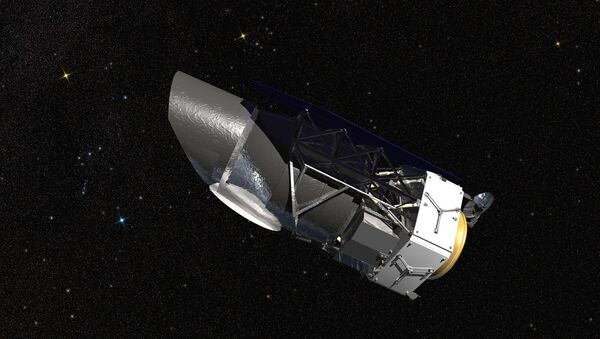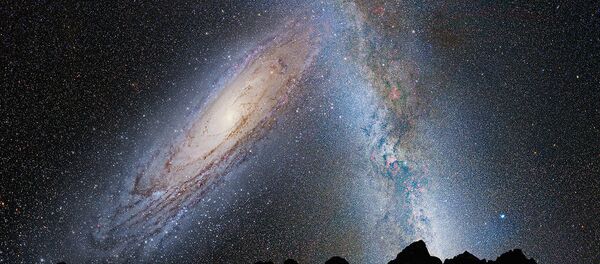"It's a gutting feeling," Michael Hudson, professor of astronomy at the University of Waterloo in Ontario, told the Globe and Mail on Tuesday. Hudson worked on the project for five years before learning about Canada's cancelled participation in the program.
Specifically, Canada's lack of space funding prevents Hudson and Canadian astronomers from continuing to develop the Wide Field Infrared Survey Telescope (WFIRST), a spaceborne telescope researchers hope can facilitate investigations into dark energy, "the history of cosmic acceleration" and what exoplanets look like, according to a NASA description.
NASA says that its own plans for the telescope "call for WFIRST to perform an extraordinarily broad set of scientific investigations."
In March, science educator Bill Nye's nonprofit foundation, The Planetary Society, said, "For more than a year, the Ministry of Innovation, Science and Economic Development, responsible for Canada's space program, has been engaging with the space sector with the goal of developing an ambitious new space strategy."
Despite promises to craft a new vision, the Planetary Society was "disappointed" that "space was absent from the budget outlines."


